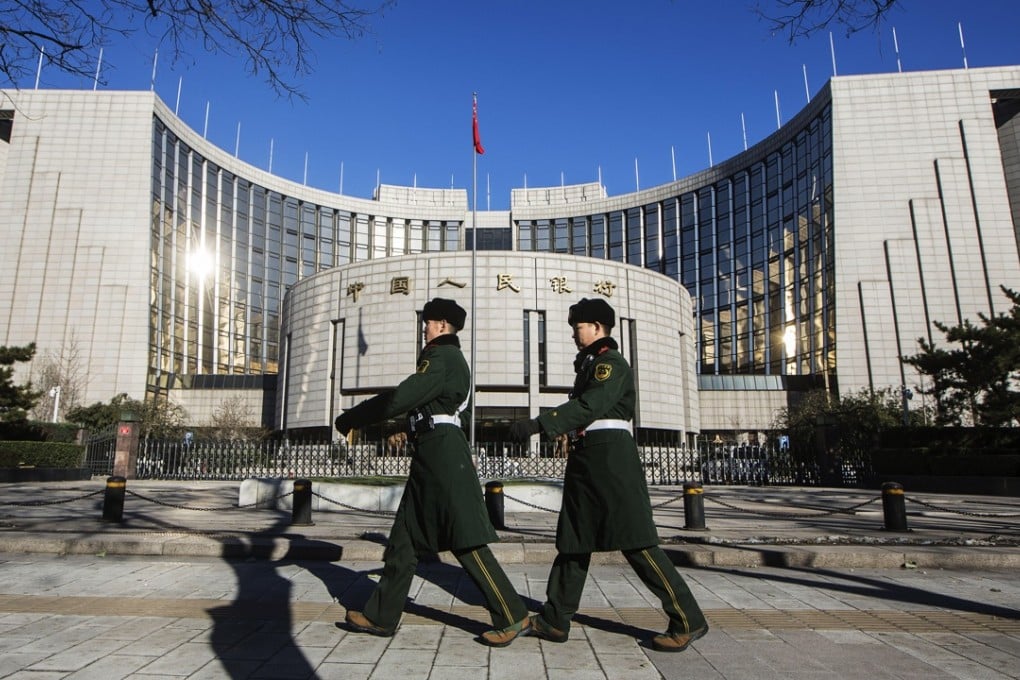China’s tech sector blasted for ‘innovation mercantilism’ and other protectionist policies aimed at giving it an unfair advantage
Nation joins India, Indonesia, Turkey, Russia, Nigeria and Canada on list of worst offenders in terms of adhering to such trade-distorting agendas

China’s efforts to exclude foreign technology companies through new laws and funnel investments into its domestic semiconductor industry are among the worst protectionist policies hurting global innovation, a new US study said.
“We are seeing a disturbing trend where innovation mercantilist policies are becoming the norm rather than the exception, and the global trading system is doing little to try and roll back these destructive practices,” Robert Atkinson, the president of US think tank the Information Technology and Innovation Foundation (ITIF), said on Monday.
The ITIF roughly defines “innovation mercantilism” as a national strategy to achieve prosperity through technology-based exports, while relying on protectionist tactics.
We are seeing a disturbing trend where innovation mercantilist policies are becoming the norm rather than the exception, and the global trading system is doing little to try and roll back these destructive practices
China, India, Indonesia, Turkey, Russia, Nigeria and Canada are implementing the most glaring examples of such protectionist and trade-distorting policies, according to the ITIF’s third annual survey of innovation mercantilism around the world.
It suggested that China’s central government expanded the range of discriminatory measures against foreign technology companies last year through the implementation of new insurance, banking, cybersecurity, counterterrorism and national security laws.
“While China used a mixed set of pretexts — the [NSA whistleblower Edward] Snowden revelations, the need for banking and insurance sector reforms, and new legal frameworks for security issues — to introduce these laws, what really drove the changes was the central government’s aim to refine and expand its innovation mercantilist agenda,” the report said.